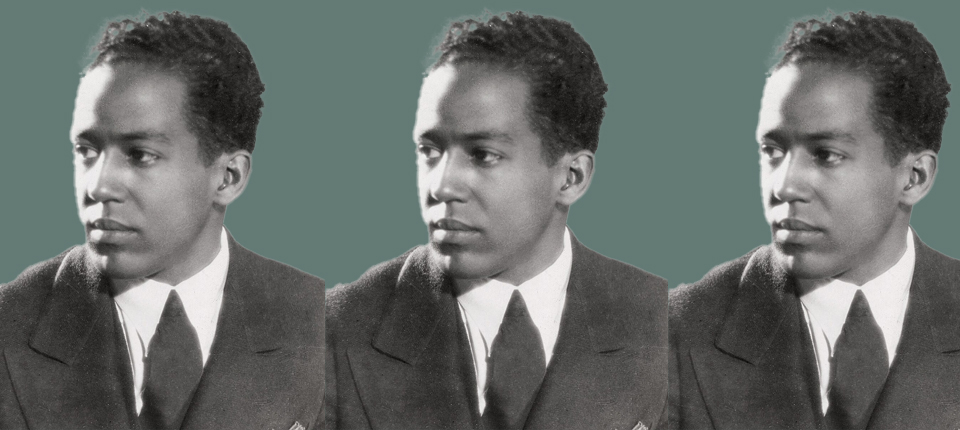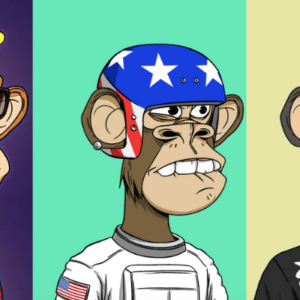TODAY: In 1967, Langston Hughes dies.
- “To become a poet is to step into the void, to jump into the dark.” On the Slovenian Verse of Tomaž Šalamun. | Lit Hub Criticism
- When it comes to writing, getting lost might be the best thing for your work. Leah Hager Cohen on following literary instinct. | Lit Hub Craft
- Forget about directions. These maps will help you find the humor in your day to day. | Lit Hub Humor
- Is a JPEG just a JPEG? Zachary Small explores the intersection of new technologies, financial speculation and artistic creation. | Lit Hub Art
- “You can find thousands of ignorant men who will lay down their lives for their liberty; can you find one intelligent man that would prefer slavery?” Read from John Swanson Jacobs’s personal “declaration of independence” as a formerly enslaved person. | Lit Hub History
- “Our stories are snapshots of life, tales of sorrow and triumph that reach backward.” Bobi Conn explores her Appalachian family’s long tradition of unreliable narrators and morally grey characters. | Lit Hub Memoir
- “Welcome to West Florida, population my family and me and about a million and a half other people, more or less.” Read from Kent Wascom’s novel, The Great State of West Florida. | Lit Hub Fiction
- Maria Stepanova and Sasha Dugdale discuss Stepanova’s collection Holy Winter 20/21, which Dugdale translated. | poets.org
- Novelist Emma Copley Eisenberg on finding “spaciousness” in queer fiction. | Esquire
- Ross Barkan on the life and times of Jimmy Breslin: “There is really no such thing as a big-city newspaper columnist anymore, but Breslin was big—he would literally call reporters on the phone to tell them, ‘I’m big.’” | The Point
- A new podcast, Not All Propaganda Is Art, looks at the strange history of the Congress for Cultural Freedom, “a lavishly funded anti-Communist organization secretly set up by the C.I.A… which sponsored conferences, literary magazines, art exhibitions, and other projects.” | The New Yorker
- What does pleasure mean at the end of the world? Molly MacVeagh considers a different side of climate literature. | Public Books
- Accra Shepp shares photographs from Columbia’s solidarity encampment. | New York Review of Books
Article continues after advertisement




















